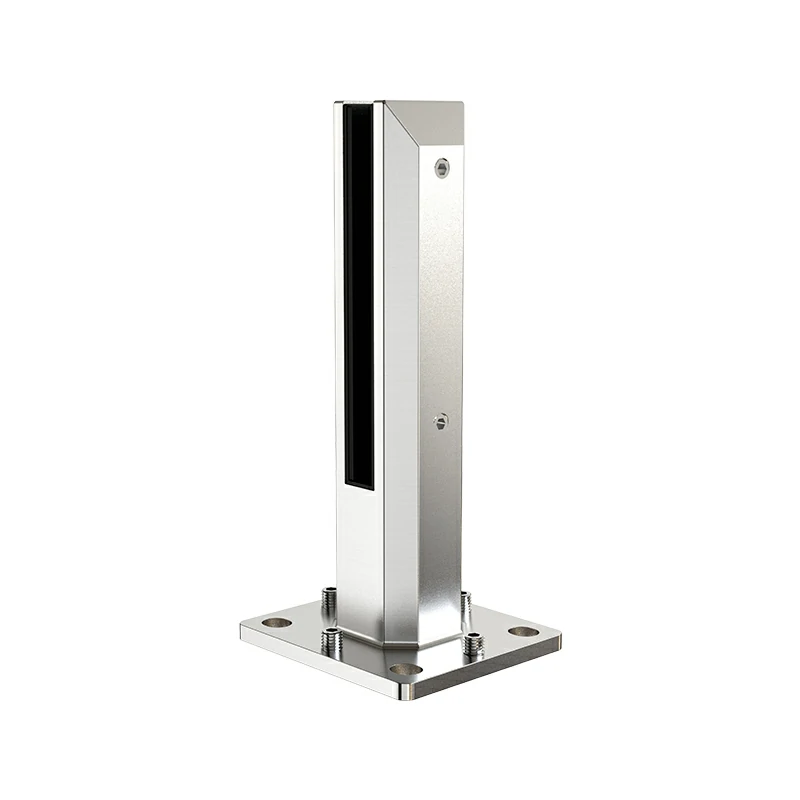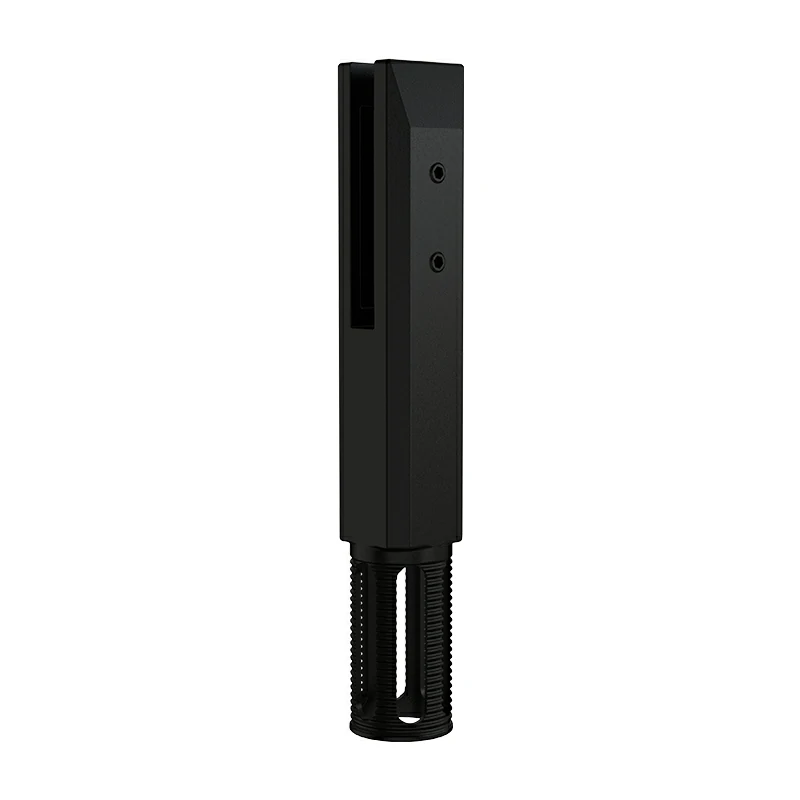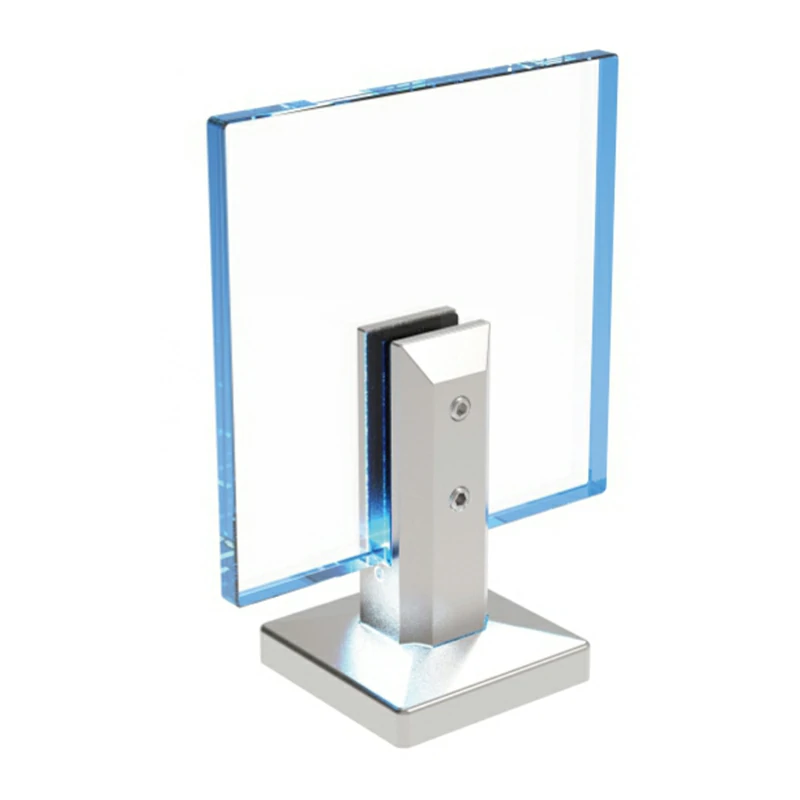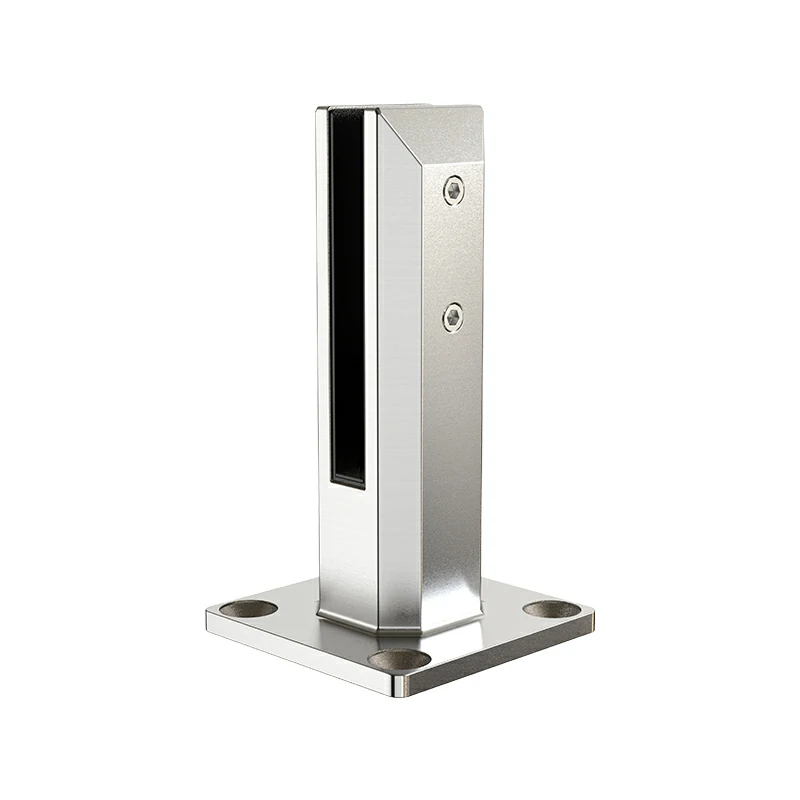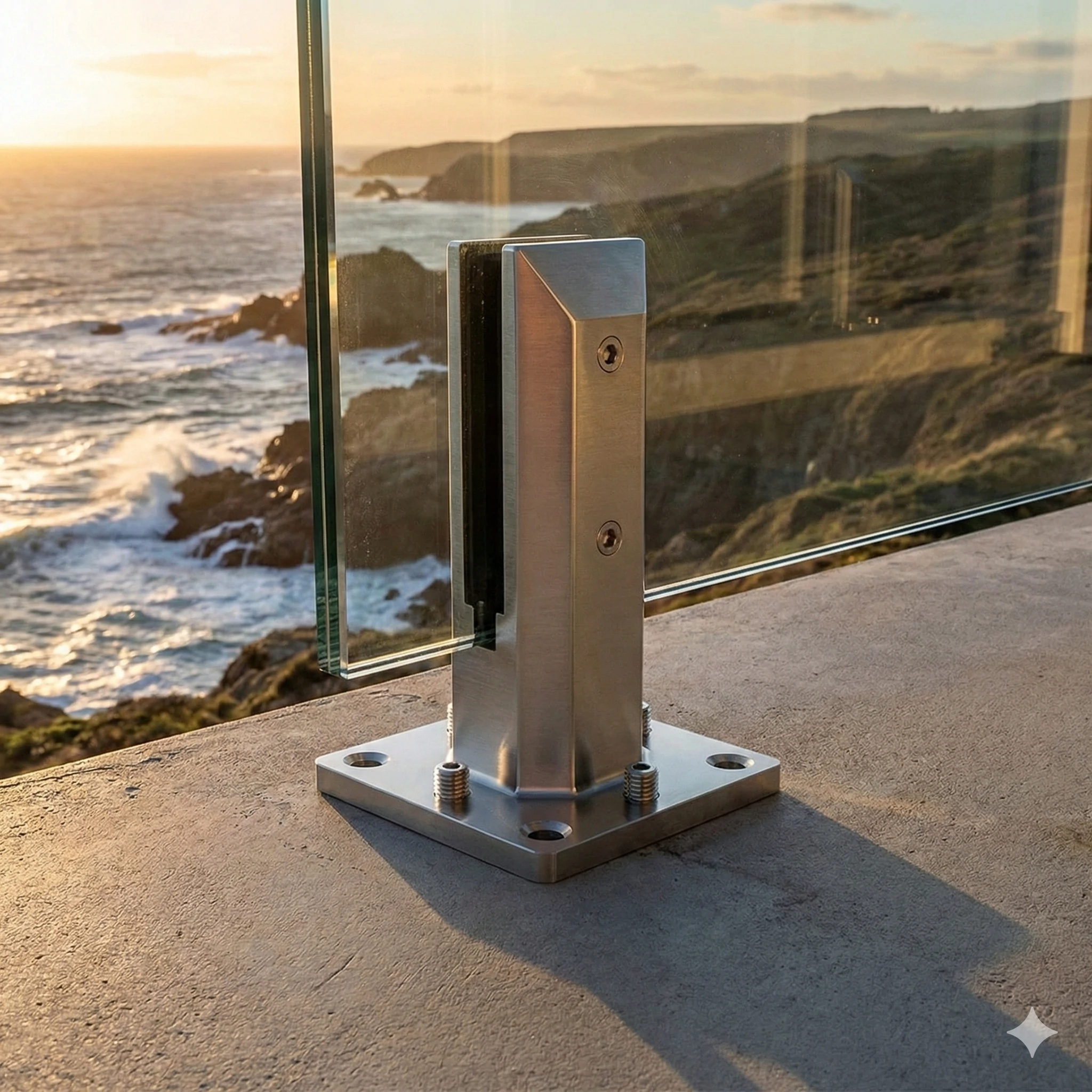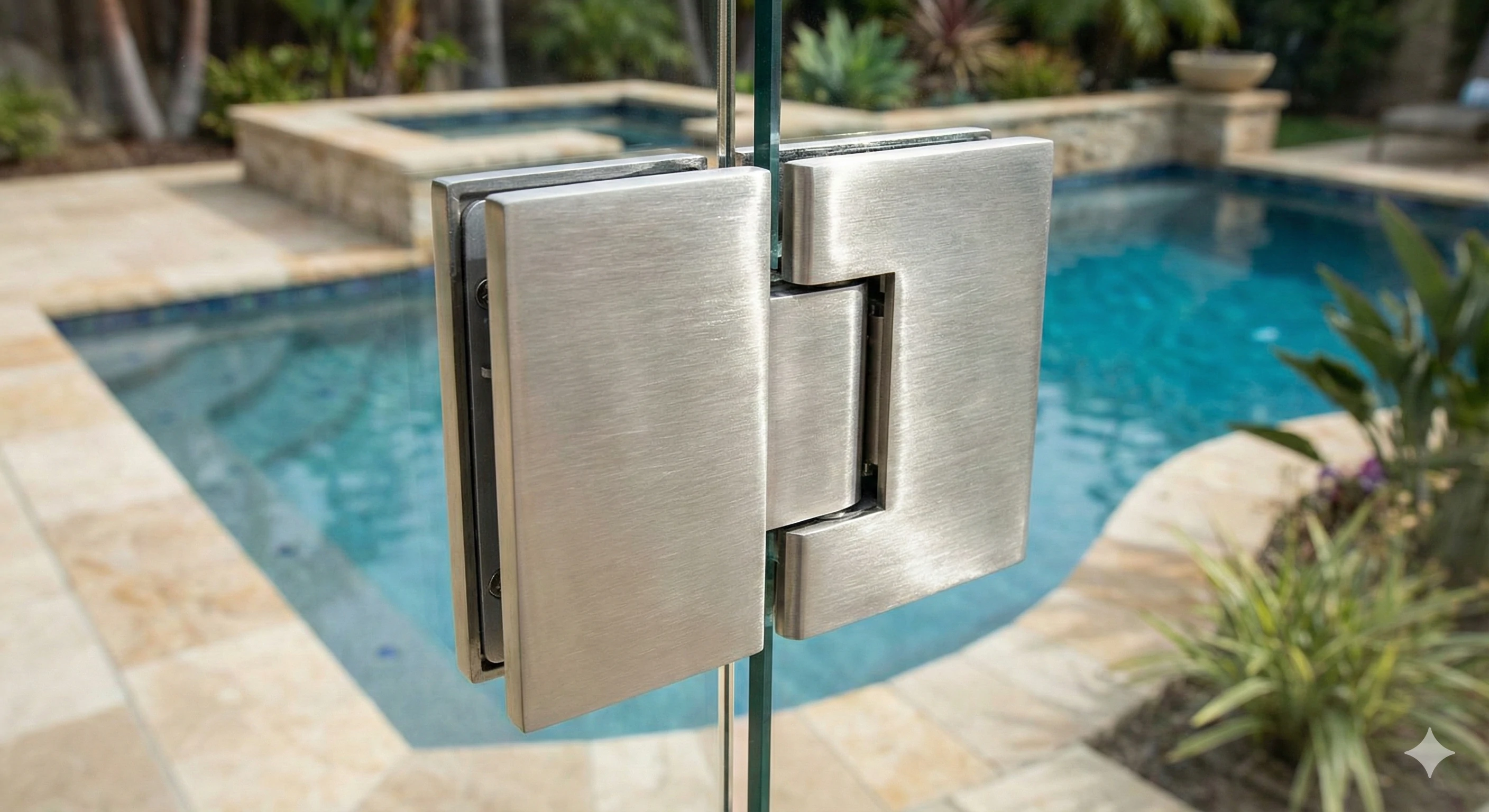In the precision industries of food processing, the hygiene and safety of mechanical castings directly impact the quality of final food products. Components like chocolate mixing paddles or can sealing molds must withstand harsh conditions like high-temperature steam and chemical rinsing while achieving "zero-dead-angle" cleaning through ultra-precision grinding and polishing technology. This is the core challenge Shandong Aleader Machinery Manufacturing Co., Ltd. addresses with its capabilities in precision industries.
The Imperative for "Zero-Dead-Angle" Cleaning in Food Machinery: From Risks to Standards
The demanding food processing environment imposes stricter requirements on metal parts than typical industrial settings:
Zero Residue Tolerance: Sticky residues in crevices breed bacteria. Complex geometries (e.g., paddle curves) create cleaning blind spots challenging for conventional polishing technology.
Corrosion Resistance: Exposure to 121°C+ steam and alkaline cleaners necessitates uniform passivation films formed during metal finishing to prevent ion migration.
Complexity Challenges: Intricate shapes require ultra-precision grinding from the outset to eliminate micro-pores and potential dead zones inherent to precision industries.
Aleader tackles these issues through a systemic approach integrating casting and advanced polishing technology.
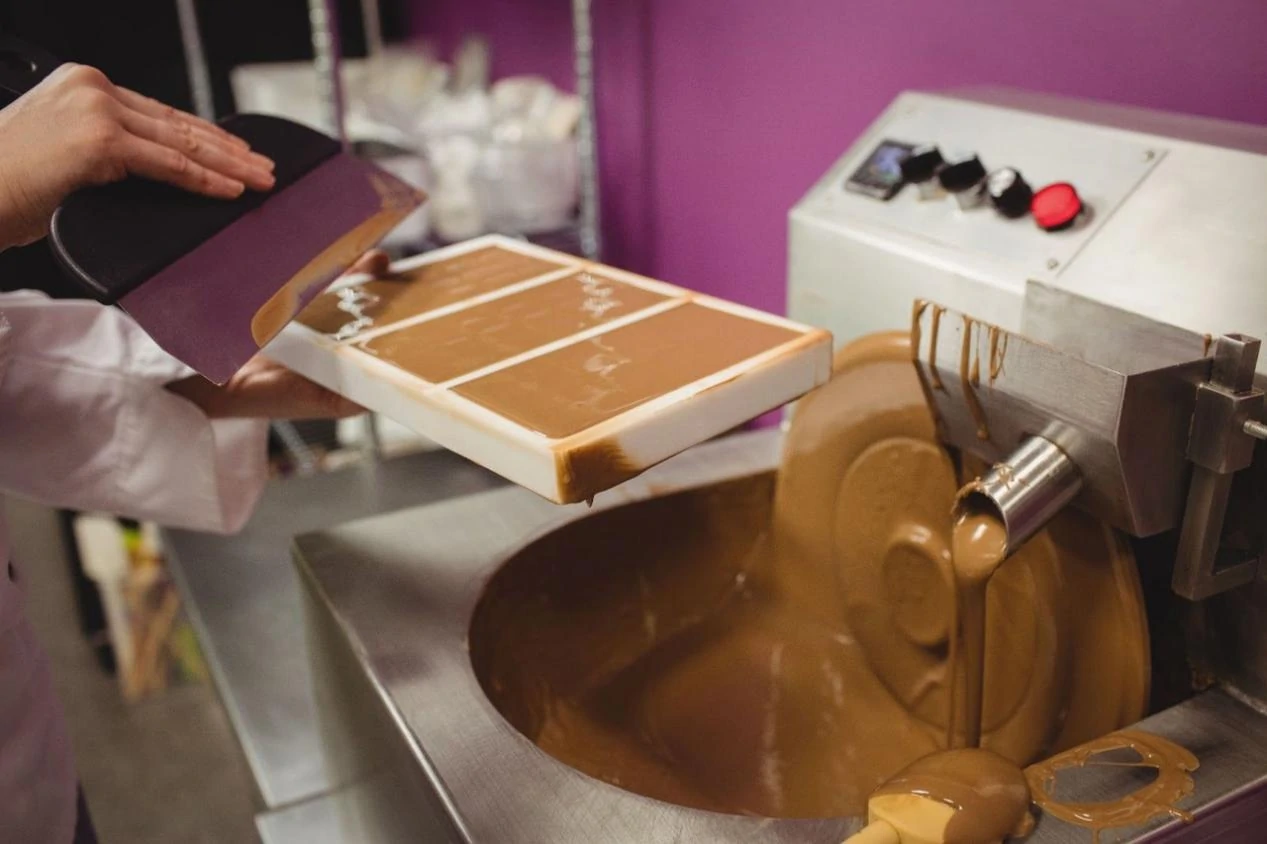
Aleader's Core Technology: Holistic Surface Quality Control from Casting to Polishing
Achieving "zero dead spots" relies on lifecycle control within precision industries, not just post-processing. The strength lies in three dimensions:
1. Precision Casting: Laying the Foundation for Surface Quality
Leveraging silica-sol investment casting expertise, Aleader embeds surface quality control early:
Nanoscale silica-sol molding controls initial casting roughness to ≤ Ra3.2μm, minimizing subsequent metal finishing requirements.
Modular wax patterns for complex features (e.g., shaft holes) prevent shadow-induced recesses difficult for polishing technology.
This "precision from the cast" concept reduces dead zones at the source, enabling effective ultra-precision grinding.
2. Multi-Stage Polishing Technology: Optimizing Surface Quality from Macro to Micro
A "graded polishing system" tailors the metal finishing process:
Rough Polishing: Utilizes silicon carbide or diamond paste with CNC ultra-precision grinding equipment to remove burrs, ensuring flatness ≤ 0.01mm.
Fine Polishing: Employs nano-alumina fluid with magnetorheological polishing (complex surfaces) or ultrasonic vibration (grooves/pores), achieving roughness < Ra0.02μm – this mirror finish prevents residue adhesion.
Dead Spot Treatment: Robot-mounted flexible heads with 3D vision enable mirror finish polishing in 0.1mm gaps like blade roots.
3. Material-Specific Polishing Technology Innovation
Linking material databases with polishing parameters ensures optimal surface quality:
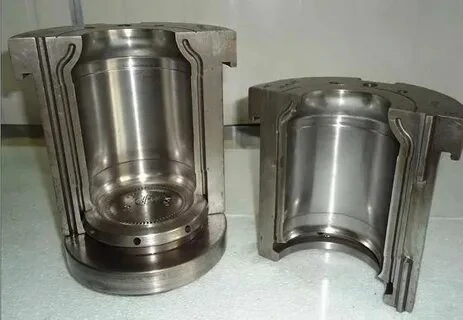
304 Stainless Steel (e.g., paddles): Electrolytic polishing aids mechanical polishing technology, enhancing corrosion resistance and mirror finish.
Nickel Alloys (e.g., seals): Low-temperature polishing technology prevents oxidation and ion leaching.
Duplex Steel: Ultra-precision grinding with silicon carbide abrasives maintains integrity while optimizing surface quality.
Proof of "Zero Dead Spot" Cleaning: Lab to Production Line
Aleader's ultra-precision grinding and polishing technology deliver validated results:
Cleaning Efficiency: Mirror finish surfaces on can seals showed 99.7% less bacterial residue after 300hrs of simulated use (3x daily steam cleaning).
Durability: Paddles retained pristine surface quality after 1000 chemical cycles, with silicon carbide grinding ensuring stability.
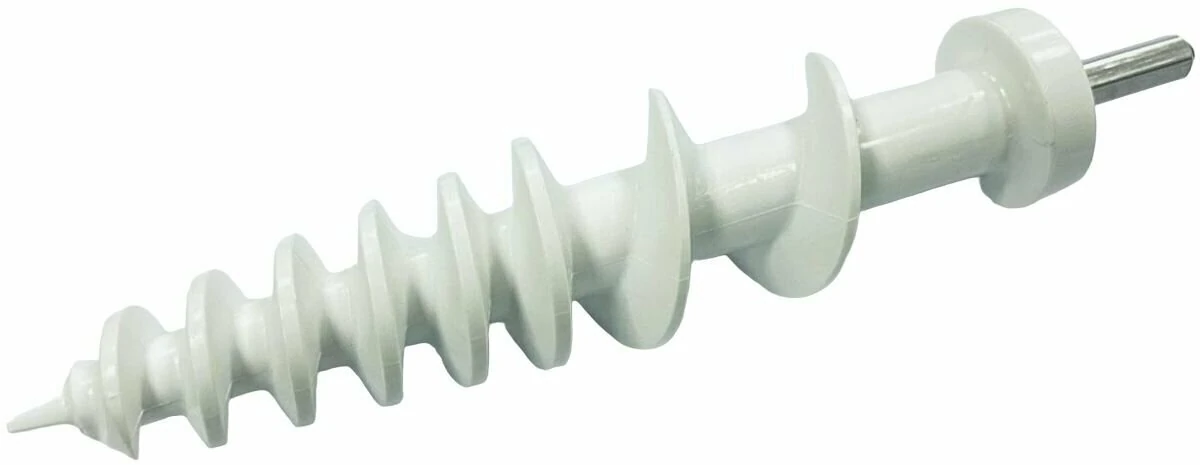
Complex Structure Case: Juice conveyor shafts achieved consistent mirror finish in grooves, eliminating pulp residue, showcasing polishing technology's adaptability in precision industries.
Technology Value: From Compliance to Empowerment in Precision Industries
Aleader's approach meets FDA/EU 10/2011 standards and delivers tangible precision industries value:
Reduced Cleaning Costs: Mirror finish surfaces cut cleaning agent use by 30% and cleaning time by 40%.
Extended Component Life: Ultra-precision grinding optimized surface quality doubled fatigue resistance.
Expanded Applications: Suitable for baby food and medical nutrients – precision industries with extreme hygiene demands. Silicon carbide abrasives enhance metal finishing efficacy.
Conclusion
From precision casting control to ultra-precision grinding and polishing technology, Aleader redefines cleanliness standards for food machinery. Through silicon carbide abrasives, mirror finish innovations, and holistic surface quality management across the metal finishing process, Aleader builds a safety barrier for food processing, ensuring every detail withstands the most stringent hygiene inspections.

